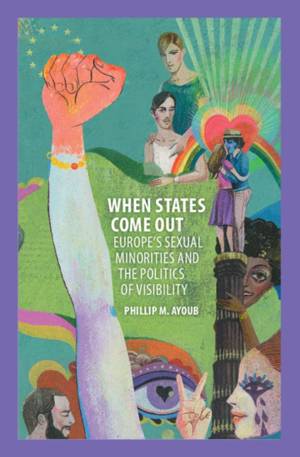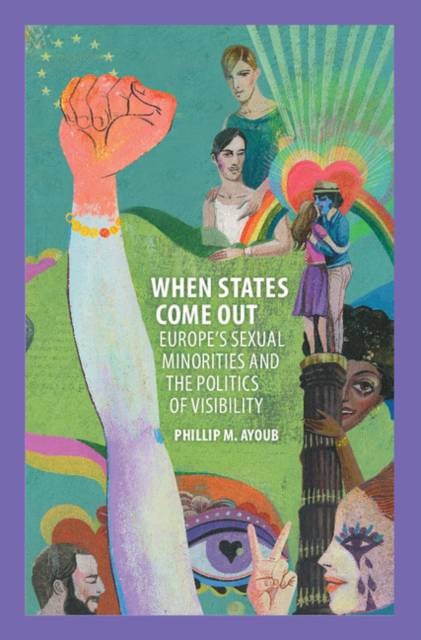
- Afhalen na 1 uur in een winkel met voorraad
- Gratis thuislevering in België vanaf € 30
- Ruim aanbod met 7 miljoen producten
- Afhalen na 1 uur in een winkel met voorraad
- Gratis thuislevering in België vanaf € 30
- Ruim aanbod met 7 miljoen producten
Zoeken
€ 87,95
+ 175 punten
Uitvoering
Omschrijving
In the last two decades, the LGBT movement has gained momentum that is arguably unprecedented in speed and suddenness when compared to other human rights movements. This book investigates the recent history of this transnational movement in Europe, focusing on the diffusion of the norms it champions and the overarching question of why, despite similar international pressures, the trajectories of socio-legal recognition for LGBT minorities are so different across states. The book makes the case that a politics of visibility has engendered the interactions between movements and states that empower marginalized people - mobilizing actors to demand change, influencing the spread of new legal standards, and weaving new ideas into the fabrics of societies. It documents how this process of 'coming out' empowers marginalized social groups by moving them to the center of political debate and public recognition and making it possible for them to obtain rights to which they have due claim.
Specificaties
Betrokkenen
- Auteur(s):
- Uitgeverij:
Inhoud
- Aantal bladzijden:
- 296
- Taal:
- Engels
- Reeks:
Eigenschappen
- Productcode (EAN):
- 9781107115590
- Verschijningsdatum:
- 3/05/2016
- Uitvoering:
- Hardcover
- Formaat:
- Genaaid
- Afmetingen:
- 154 mm x 239 mm
- Gewicht:
- 553 g

Alleen bij Standaard Boekhandel
+ 175 punten op je klantenkaart van Standaard Boekhandel
Beoordelingen
We publiceren alleen reviews die voldoen aan de voorwaarden voor reviews. Bekijk onze voorwaarden voor reviews.











